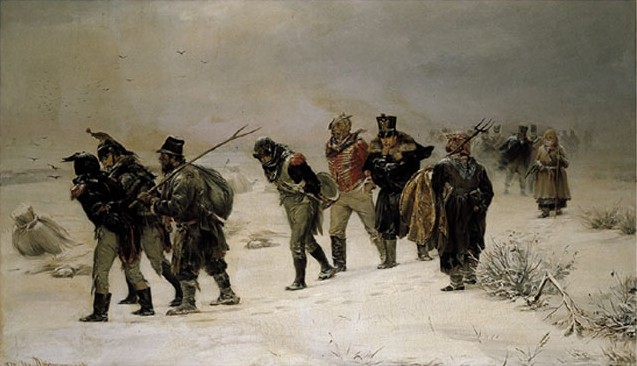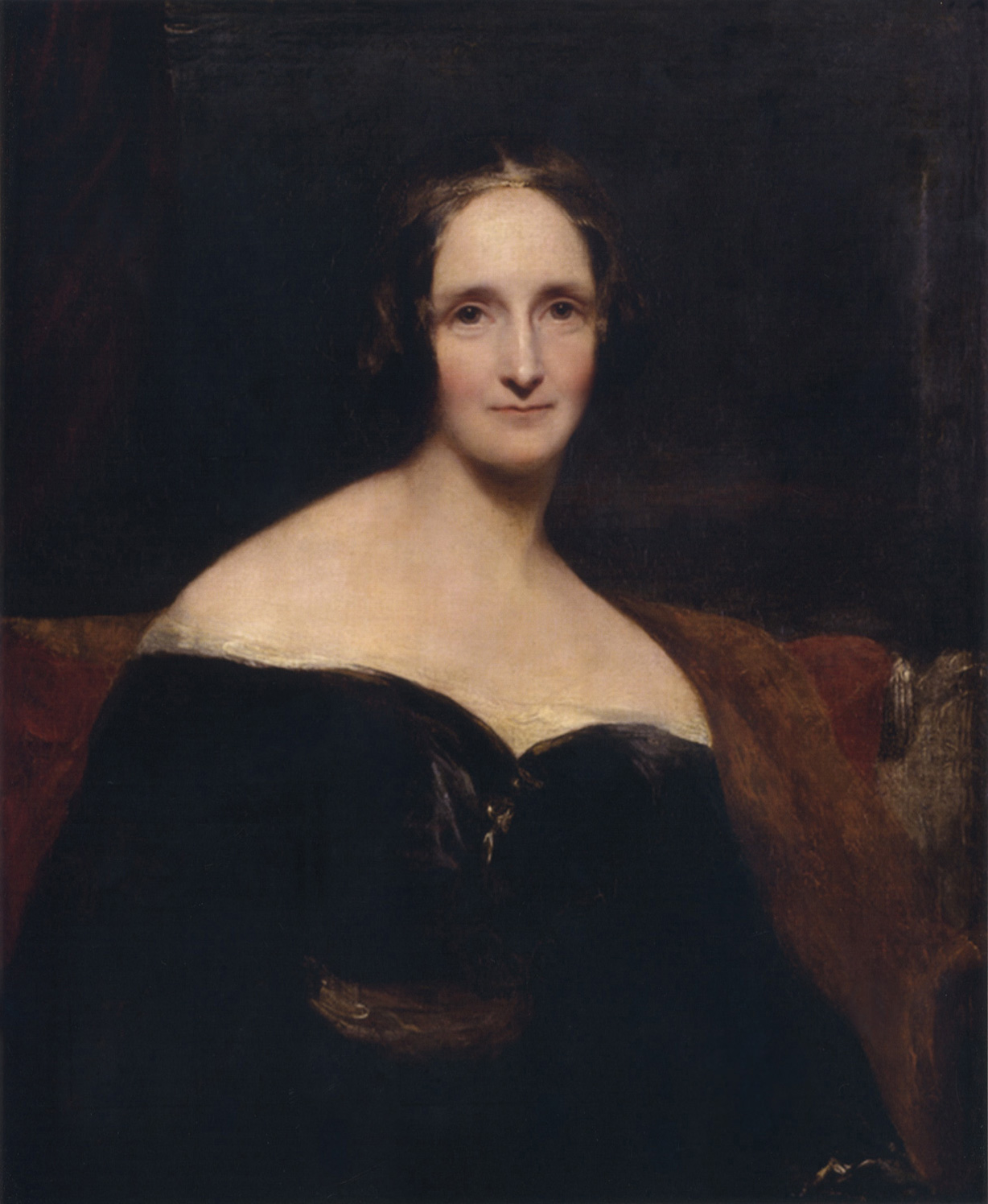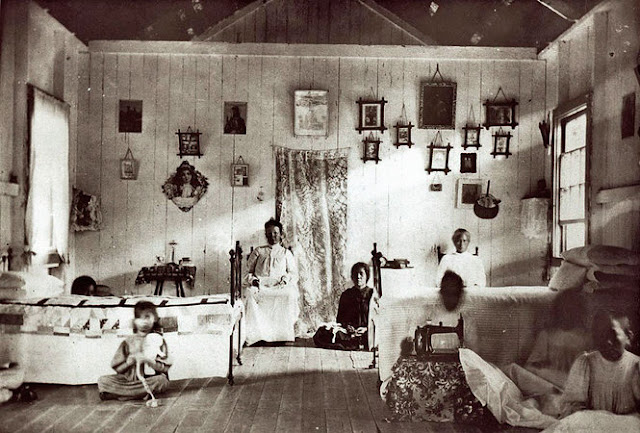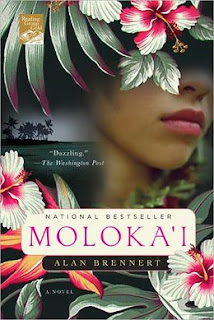 |
| Borges via |
Published: 1935
It's about: Borges appropriates and tweeks lives of historical criminals--Chinese pirates, Old West gunslingers, New York street toughs--to explore paradox. Each entry into this collection masquerades as a truthful historical narrative; however, Borges liberally diverges from his source material, essentially turning factual events and people into props through which to set up elaborate philosophical ironies and paradoxes. For example, the protagonist of the first story in the collection, "The Cruel Redeemer Lazarus Morell", is a bloodthirsty and pious con man who induces enslaved African Americans to run away with his band of thieves, promising that if they allow him to sell them back into slavery, only to "steal" them away again, they will eventually be escorted North to freedom. Every time, of course, Morell eventually kills his victim when he begins to suspect the true nature of his "Redeemer." Eventually, one of Morell's confederates denounces his scheme to the authorities. Morell, ironically, believes his only hope of salvation lies in fomenting an insurrection among those slaves who still believe rumors of his benevolence--essentially taking on sincerely the role he had only maliciously affected before. The greater irony however, is that rich possibilities afforded by the potential turn of events are thwarted when Morell himself is robbed and killed by a petty thief who does not recognize him.
Part of the richness of A Universal History of Iniquity stems from Borges' ability to weave his dense, darkly humorous paradoxes into genres that tend to be consigned to the pulpy end of the high-low cultural divide. Borges sets his short stories into contexts modeled after Westerns, crime stories, and orientalizing adventure tales. His nominally historical characters participate in the theft, murder, and warfare endemic to these genres, but remain essentially flat characters who exist to be irony incarnate. One of the most intriguing stories, "Hakim, the Masked Dyer of Merv" purports to be the tale of a prophet who rises up in the Middle East in the 8th century to spearhead the meteoric rise of a blasphemous religion. Claiming that communion with God had made his face too brilliant for mortals to look upon, Hakim goes about imposing his religion through warfare while veiled, promising that men will be able to look on his face when they have accepted the truth. Hakim's truth is typically Borgesian.
The earth we inhabit is an error, an incompetent parody. Mirrors and paternity are abominable because they multiply and affirm it. Revulsion, disgust, is the fundamental virtue, and two rules of conduct (between which the Prophet left men free to choose) lead us to it; abstinence and utter licentiousness--the indulgence of the flesh or the chastening of it.This being a collection of tales about violence and deceit, Hakim's charade is spoiled when one concubines lets slip that his supposedly glorified body is, in fact, riddled with leprosy. The suggestion, seemingly, is that an entire religion of degradation and heresy had sprung up to justify one man's physical corruption.
I thought: The entire collection boasts similarly clever, circuitous ironies that can be revisited endlessly. While the tales are all philosophically dense, they contain enough swashbuckling adventure to sustain interest in casual readers as well. The tone of scholarly historicity is a playful contrast to to the elaborately constructed labyrinths of plot twists that Borges builds into each story. The one entry into the collection that wears less well is "Man on Pink Corner", Borges' attempt to write a wholly fictional crime store that pivots around a knife fight between two Argentine street toughs. While exotic backdrops are a favorite for Borges, the setting and dialogue feel oddly forced or stilted in this attempt, as if Borges still needed to lean heavily on specific historical and literary texts in order to create lively literature of his own at this point.
While Borges eventually moved away from drawing so explicitly on other historical and literary sources (though his writing always remained famously inter-textual; many of his stories are literally books about books), the edition of A Universal History of Iniquity I read, which is part of Penguin Classics Collected Fictions, a complete anthology of Borges' short stories, contains helpful footnotes to each story. The footnotes are most enlightening and intriguing when highlighting Borges' divergence from his source material. For example, they confirm the existence of an actual set of "Rules for Pirates" in a book Borges cites in "The Widow Ching--Pirate" but the footnotes also reveal that Borges has (perhaps deliberately) appropriated and changed several other minor details of the story for apparently no reason. None of this really detracts from the stories themselves; rather, it adds to their enigmatic character.
Verdict: Stick it on the shelf or Rubbish Bin? On the shelf.
Reading Recommendations: An interesting discussion of Borges the man and his propensity for certain themes.

































